#Linear Algebra II
Explore tagged Tumblr posts
Text
the classes | mandatory
------------------------------------------------------------------------------
date: march 23, 2025. 3:01 am. (starting). i fell asleep. lmao. 10:30
------------------------------------------------------------------------------

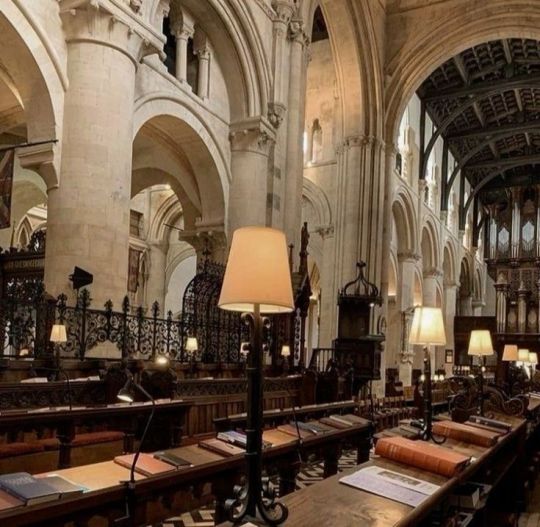

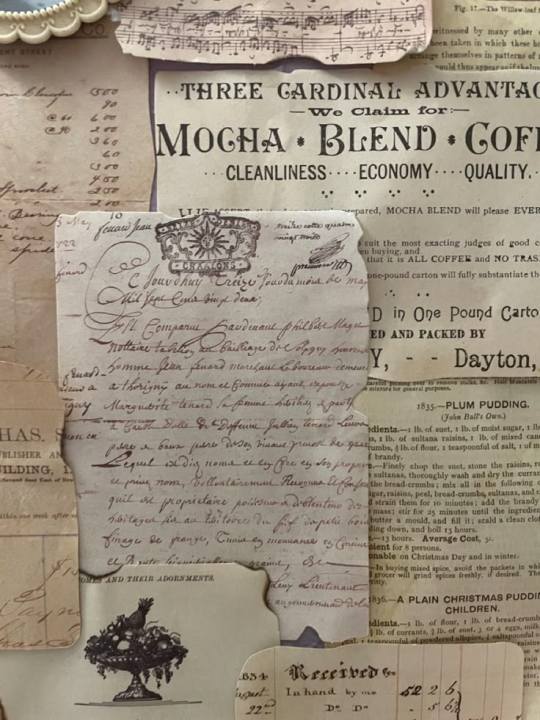

✧˖*°࿐ The Mandatory Classes
𓂃༊veltrius Lumos Academy's mandatory curriculum blends rigorous academics with cultural and artistic exploration. these courses ensure students develop critical thinking, research skills, creativity, and problem-solving abilities, preparing them for higher education and global careers.



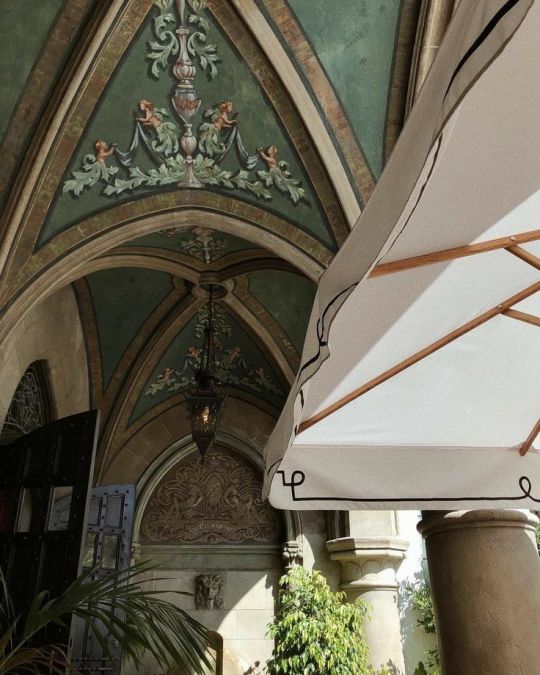

✧˖*°࿐ Language Studies
𓂃༊students are required to take Haiqinian, Greek, and English throughout their academic journey.
*ೃ༄Haiqinian Language and Composition (3 years, Pre-AP & AP Available)
𓂃༊ Year 1 (Pre-AP or Regular Haiqinian Language & Composition I):
✧ 𓂃 › grammar & sentence structure: verb conjugations, syntax, and advanced sentence formation.
✧ 𓂃 › composition: essay writing, formal letters, and literary analysis.
✧ 𓂃 › literary study: introduction to Haiqinian classical and modern literature.
𓂃༊ Year 2 (AP or Regular Haiqinian Language & Composition II):
✧ 𓂃 › advanced grammar & writing: rhetorical devices, argumentation, and structured compositions.
✧ 𓂃 › comparative literature: study of Haiqinian texts alongside global literature.
✧ 𓂃 › research & analysis: writing research papers and learning source evaluation.
𓂃༊ Year 3 (AP or Regular Haiqinian Literature & Composition III):
✧ 𓂃 › critical literary analysis: deep dive into Haiqinian poetry, novels, and plays.
✧ 𓂃 › creative writing & public speaking: writing short stories, poetry, and persuasive speeches.
✧ 𓂃 › capstone research paper: a long-form thesis-style paper analyzing a Haiqinian literary work.
*ೃ༄Greek Language & Literature (3 years, required for all students)
𓂃༊ Year 1 (Greek I – Basic Grammar & Conversation):
✧ 𓂃 › introduction to the greek alphabet & pronunciation.
✧ 𓂃 › basic sentence structure: verb forms, nouns, and adjectives.
✧ 𓂃 › conversational skills: daily interactions, greetings, and essential expressions.
𓂃༊ Year 2 (Greek II – Intermediate Grammar, Translation & History):
✧ 𓂃 › complex sentence structures: subjunctive, conditional, and imperative verb forms.
✧ 𓂃 › translation practice: excerpts from Homer, Aesop, and historical texts.
✧ 𓂃 › greek culture & history: myths, political systems, and philosophy.
𓂃༊ Year 3 (Greek III – Advanced Reading, Writing & Translation):
✧ 𓂃 › advanced text analysis: works of Plato, Sophocles, and Aristophanes.
✧ 𓂃 › academic writing & discussion: essays on Greek mythology, ethics, and politics.
✧ 𓂃 › capstone project: a final presentation translating and analyzing a classical Greek work.
*ೃ༄English Language & Composition (2 years, English III is an elective)
𓂃༊ Year 1 (English I – General English Skills, Literature & Creative Writing):
✧ 𓂃 › grammar & vocabulary: structure, syntax, and advanced composition skills.
✧ 𓂃 › literature study: analysis of classic and modern English literature.
✧ 𓂃 › creative writing: poetry, short stories, and personal narratives.
𓂃༊ Year 2 (English II – Critical Thinking & Analytical Writing):
✧ 𓂃 › advanced literature study: British and American literature from different eras.
✧ 𓂃 › essay writing & rhetoric: persuasive essays, literary analysis, and argument development.
✧ 𓂃 › public speaking: presentations, debates, and discussions on literary themes.
𓂃༊ Year 3 (English III – Elective, Optional for Advanced Study):
✧ 𓂃 › world literature focus: exploring literature from South America, Asia, and Europe.
✧ 𓂃 › research & thesis writing: students write and defend a long-form literary thesis.
✧ 𓂃 › experimental writing styles: creative non-fiction, stream-of-consciousness, and hybrid prose.

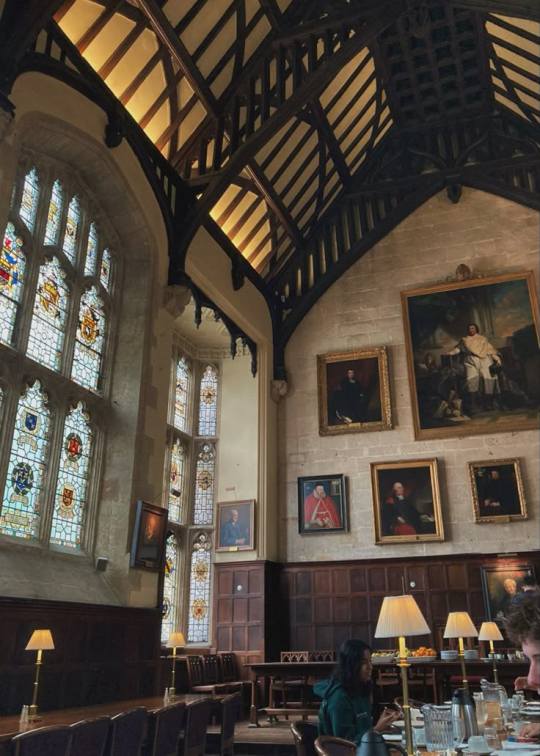
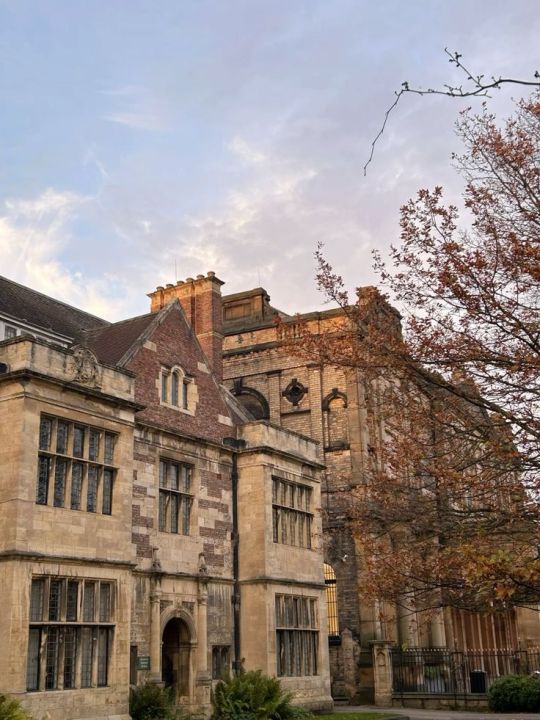
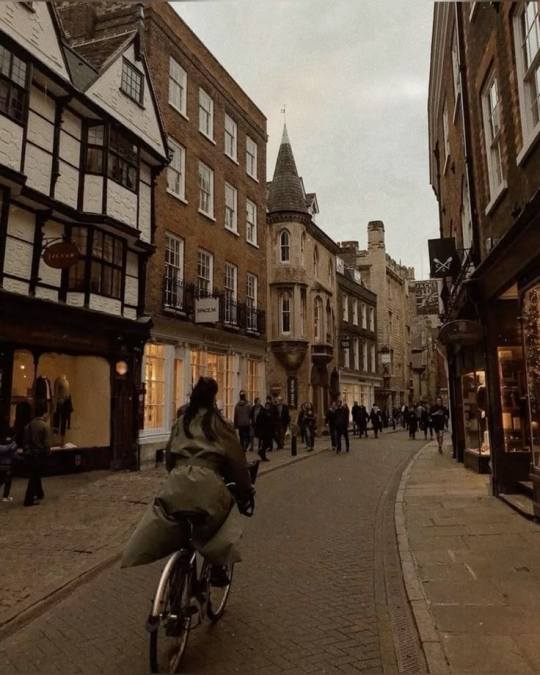

✧˖*°࿐ Mathematics (3 years, AP Available)
*ೃ༄Core Math Progression:
𓂃༊ Year 1 (Algebra I w/ Probability – Pre-AP or Regular):
✧ 𓂃 › linear & quadratic equations: graphing, inequalities, and polynomials.
✧ 𓂃 › probability & statistics: basic probability theory, combinatorics, and statistics.
✧ 𓂃 › real-world applications: business forecasting, data analysis, and logical reasoning.
𓂃༊ Year 2 (Algebra II w/ Statistics + Precalculus – AP or Regular):
✧ 𓂃 › advanced algebra concepts: exponential/logarithmic functions, matrices, and conic sections.
✧ 𓂃 › statistics & data science: regression analysis, probability distributions, and data visualization.
✧ 𓂃 › pre-calculus introduction: trigonometric functions, sequences, and limits.
𓂃༊ Year 3 (AP Calculus + Finance or Regular Finance):
✧ 𓂃 › differential & integral calculus: derivatives, integrals, and applications in physics/economics.
✧ 𓂃 › financial mathematics: investments, banking, risk analysis, and economic modeling.
✧ 𓂃 › capstone project: using calculus and finance principles to analyze a real-world financial trend.


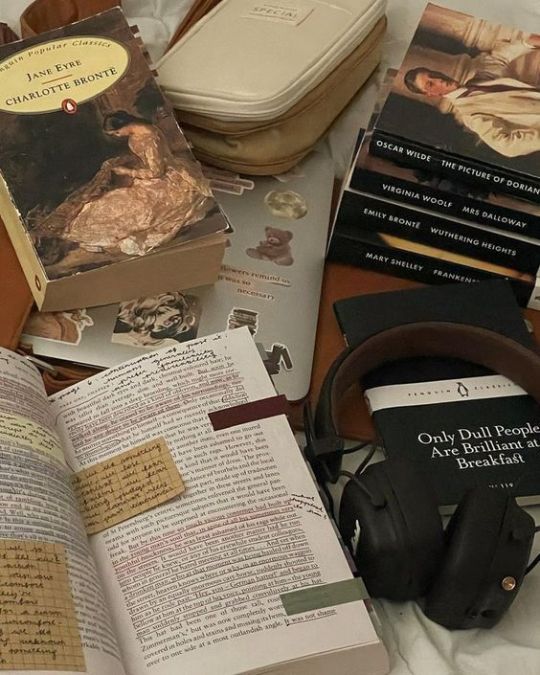


✧˖*°࿐ History & Social Sciences (3 years, AP Available)
*ೃ༄Year 1 (AP or Regular Haiqin History):
𓂃༊ linear & quadratic equations: graphing, inequalities, and polynomials.
𓂃༊ probability & statistics: basic probability theory, combinatorics, and statistics.
𓂃༊ real-world applications: business forecasting, data analysis, and logical reasoning.
*ೃ༄Year 2 (AP or Regular World History):
𓂃༊ advanced algebra concepts: exponential/logarithmic functions, matrices, and conic sections.
𓂃༊ statistics & data science: regression analysis, probability distributions, and data visualization.
𓂃༊ pre-calculus introduction: trigonometric functions, sequences, and limits.
*ೃ༄Year 3 (AP or Regular Government & Economics):
𓂃༊ differential & integral calculus: derivatives, integrals, and applications in physics/economics.
𓂃༊ financial mathematics: investments, banking, risk analysis, and economic modeling.
𓂃༊ capstone project: using calculus and finance principles to analyze a real-world financial trend.

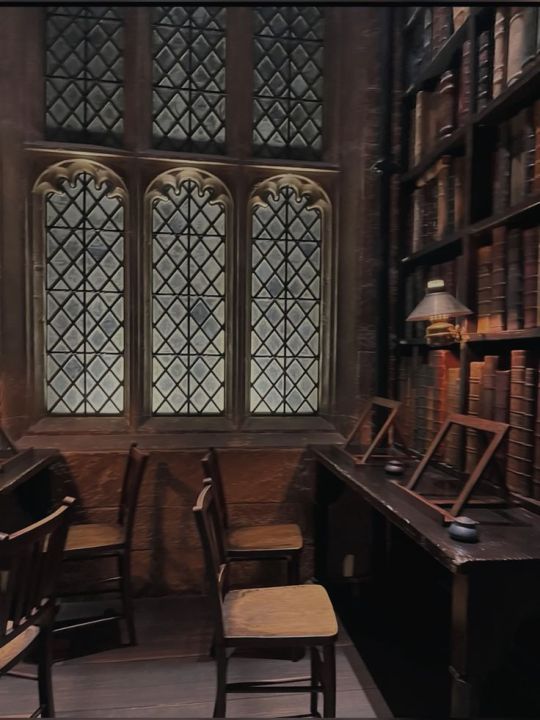
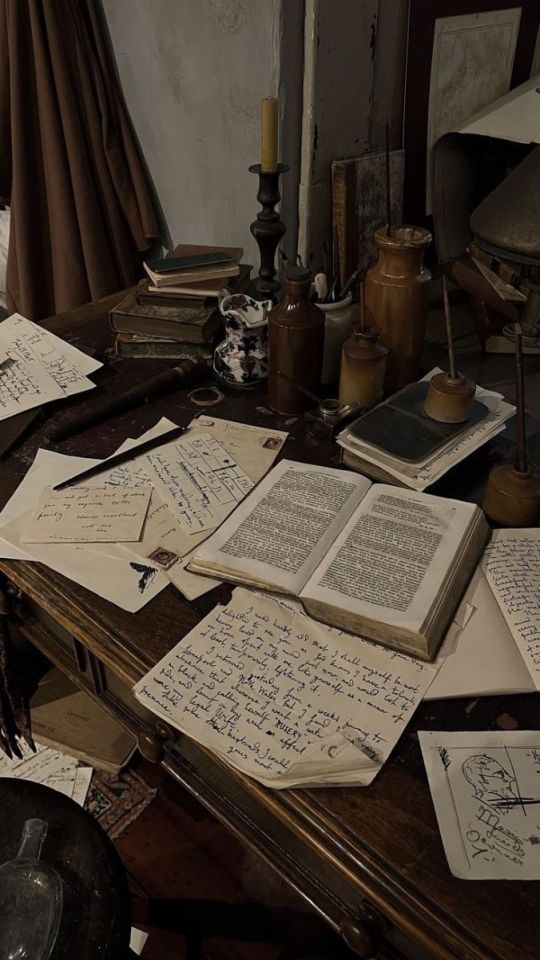


✧˖*°࿐ Science Studies (3 years, AP Available for Some Courses)
*ೃ༄Year 1 (AP or Regular Chemistry):
𓂃༊ atomic theory & molecular structure: periodic trends and chemical bonding.
𓂃༊ thermodynamics & reaction kinetics: understanding physical and chemical reactions.
𓂃༊ lab work: hands-on chemical experiments, titration, and organic synthesis.
*ೃ༄Year 2 & 3 (Choice of Science, Must Take at Least One More):
𓂃༊ environmental science: climate change, ecosystems, and sustainable development.
𓂃༊ forensics: DNA analysis, fingerprinting, toxicology, and forensic anthropology.
𓂃༊ anatomy & physiology: human body systems, genetics, and medical applications.
𓂃༊ physics: classical mechanics, electromagnetism, and astrophysics.
𓂃༊ marine biology: ocean ecosystems, marine conservation, and field research.

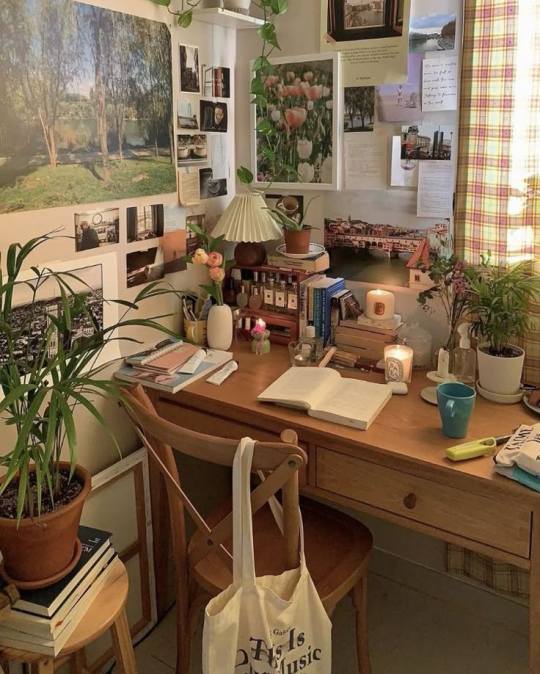



✧˖*°࿐ Specialized & Cultural Studies
*ೃ༄AP or Regular Myths & Legends:
𓂃༊ greek & roman mythology: The Iliad, The Odyssey, Aeneid.
𓂃༊ comparative mythology: Norse, Celtic, Japanese, and Mesopotamian myths.
𓂃༊ symbolism & influence: how mythology influences modern media and storytelling.
*ೃ༄Astrology I (AP or Regular):
𓂃༊ foundations of astrology: birth charts, planetary movements, zodiac signs.
𓂃༊ cultural perspectives: astrology in Greek, Chinese, and Vedic traditions.
𓂃༊ scientific & spiritual debate: skepticism vs. belief, practical applications.
#reyaint#reality shifting#shiftblr#reality shifter#shifting#shifting community#shifting motivation#anti shifters dni#dr scrapbook#boarding school dr
55 notes
·
View notes
Text
🪩🔮👾NEW SEMESTER, NEW PRODUCTIVITY CHALLENGE! 👾🔮🪩
hello again!! the fourth and last year of my bachelor's is starting! it's going to be a tough one, but i really want it to go well so here i am, making this, hoping it will guide and help me finish this degree once and for all!
this semester, i'll be taking:
Differential and Integral Calculus I
Differential and Integral Calculus III
Physics II ☑️
Analysis and Synthesis of Algorithms ☑️
Linear Algebra ☑️
152 DAYS (max.)
for the record, aside from algebra, i don't particularly enjoy any of these subjects, but i'm trying to face them with an open mind. my situation is not ideal, but i'll try to make the most of it. manifesting good things for this year <33
🌪️⛲☄️ GOALS ☄️⛲🌪️
-> pass all my classes: 3/5
-> complete my goodreads challenge: 23/25 ✖️
-> keep my Duolingo streak alive ☑️
🩷🌸🦑 FUN PLANS 🦑🌸🩷
-> re-read jjk: 12/21
-> go to the cinema ☑️
🌆🪸🪼 NOT FUN PLANS 🪼🪸🌆
-> organize my email ☑️
-> organize photos (computer, camera, phone)
-> organize my room after moving ☑️
🌌🎆🗻 COUNTERS 🗻🎆🌌
-> properly study Danish: 0 hours
-> movies watched: 13/10 ☑️ (last watched: The Two Popes, 2019, dir. Fernando Meirelles)
-> series watched: 11/10 ☑️ (last watched: Romantic Killer)
-> books read: 10/10 ☑️ (last read: I'm Glad My Mom Died, by Jennette McCurdy)
#stargazerbibi#100 days of productivity#100 dop#study#studyblr#studyspo#studygram#student#aesthetic#studyspiration#studystudystudy#productivity#student life#studying#studies#study blog#study motivation#college#uni#university#stem#stemblr#stem girls
144 notes
·
View notes
Text


1/24/25☕️☕️
Linear algebra notes (pt II). I took the lower level version of this class a year ago, and now I’m taking the upper level version of the same class for my double major lol. We also got lots of snow!
#studyblr#studyspo#my notes#study#academia#study notes#productivity#study motivation#notes#light academia#studyspiration#ipad notes#digital notes#review notes#lecture notes#studying#study blog#uni studyspo#uni studyblr#uni struggles#uni diaries#uni days#uni student#college studyspo#college studyblr#college stress#college studies#college stuff#college student#academia aesthetic
54 notes
·
View notes
Text
In my Linear Algebra II lecture today we did some stuff involving a "universal construction" for "natural maps" between quotient spaces and so since these seemed like instances of category theoretical concepts I'm vaguely familiar with but I was having trouble seeing how exactly it would work out I tried asking the professor about the details and - to my shock - this professor, who works in algebraic geometry, tells me he's not sure about the category theoretical details at play and that "if you like that sort of stuff you should talk to [other professor who does number theory and arithmetical geometry]" I thought algebraic geometers were supposed to be some of the most category theory brained people around!!
43 notes
·
View notes
Text
Resources that have helped me in my classes!
(will add to this list as I find/remember more)
Classes I've used these in so far:
Honors Mechanics
Honors Thermodynamics & Optics
Relativity & Quantum Mechanics
Theoretical Mechanics
Calculus I, II, III
Differential Equations
Mathematical Techniques in Physics
Introduction to Astronomy
Fundamentals of Astronomy
Astronomy & Astrophysics
- - - - Youtube Channels - - - -
Physics
Michel van Biezen - oh my god I love him. I think he uses Sears and Zemansky's University Physics for example problems. His channel has 10k videos (!!!) and is very well-organized. He also lectures on math (from 5th grade to linear algebra), chem & organic chemistry, and astronomy.
Calculus
The Organic Chemistry Tutor - I mostly watch his videos on Calculus I-III and Differential Equations, but he also covers physics and chemistry.
Nancypi - Precalculus, Calculus I, and some of Calculus II. I barely showed up to calc lectures my first semester so she was a great help. also i have a crush on her
Michel van Biezen - I usually don't watch his math videos because his notation and techniques are different from what my prof makes us use
Astronomy
Urknall, Weltall, und das Leben - my literal dream channel. perfect levels of dryness, and videos are usually at least 45 minutes long. It's entirely in German though lmao
Michel van Biezen - covers important topics in introductory astronomy, and also does example problems (although I think they're all algebra-based)
- - - - Textbooks - - - -
Introduction to Cosmology - Barbara Ryden
Foundations of Astrophysics - Ryden & Peterson
University Physics - Sears and Zemansky
Calculus - James Stewart
Modern Physics - Kenneth Krane
Classical Mechanics - John Taylor
- - - - Workbooks - - - -
Essential Modern Physics - Chris McMullen, Ph.d. ----- LIFE CHANGING. BUY THIS FOR INTRO TO QUANTUM.
#astronomy#physics#mechanics#quantum physics#calculus#differential equations#academia#university#studyblr#undergraduate#astrophysics#college#student#undergrad#advice#studying#nasa#vector calculus#resource
250 notes
·
View notes
Text
If you are currently in a math class you can choose that option
#poll#polls#tumblr polls#pollblr#augmented polls#school#math#high school#middle school#college#university#student#algebra#algebra 1#algebra 2#geometry#precalc#precalculus#finite math#business math#stats#statistics#calc#calculus#calc 1#calc 2#calc 3#linear algebra#differential equations#math major
42 notes
·
View notes
Text
Okay update on the uni situation: my bestie had a galaxy brain take that I could re-enroll as an undergraduate to finish my second Bachelor’s degree (Neuroscience), which only needs Orgo I and II and Physics I and II, all of which I can take for free at my workplace. I can then sneak in to Linear Algebra and maybe some advanced calculus courses, then graduate. My only concern is that they might not let me, and that taking my last four courses at a different college might violate some kind of graduation requirement. Too bad these fuckers make it as difficult as humanly possible to talk to an advisor 🙄
27 notes
·
View notes
Text
doing ordinary differential equations in my geometry class... I don't even know why
the thing is, this is the second part of my geometry exam, but geometry I is called linear algebra and geometry II (what I'm doing rn) is called something like mathematic supplements BYT ITS BASICALLY JUST MATHEMATICAL ANALYSIS 2 OR WHATEVER THE FUCK IS CALLED IN ENGLISH
onestamente non capisco pk stiamo facendo analisi due a geometria due. che poi non è neanche geometria due, è il secondo modulo di geometria quindi in teoria è parte del singolo corso di geometria e quello che sto facendo adesso (che ripeto, si chiama supplementi di matematica CHE CAZZO STAI SUPPLEMENTANDO OH) fa parte dle singolo programma di geometria.
sto odiando ingegneria.
im hating engineering.
#half English half italian post#because i dont know how the courses are called in english#this is just the first year....#i have 4 more to go#why did i choose this#why didnt i go to art school??#i could have gone to an academy#BUT NOOO#“i wanna be an engineer”#fuck my life#random#italiano
3 notes
·
View notes
Text
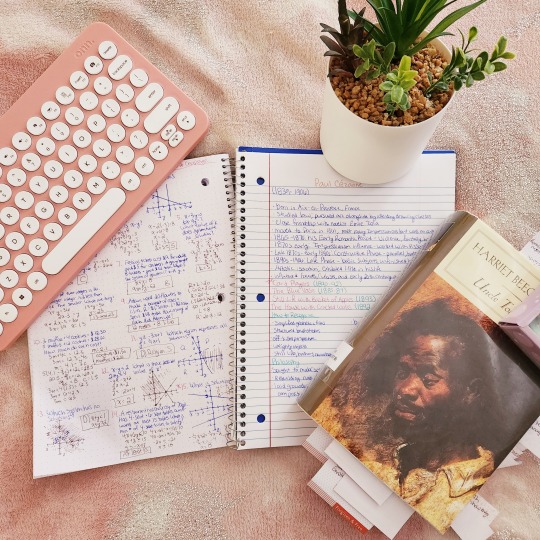
Friday, April 24, 2025
I ended up deciding to volunteer for only two hours today instead of my usual three, so I could still go today but have an extra hour to complete things. I don't know whether I will be posting tomorrow or not, as we are having a sleepover at my place for the GS Seniors to work on a badge. It's one that we have to complete at night, so it makes it easier to have everyone stay over at our place since we hold our meetings here, and we have the extra space. It's only H, E, and me, and they usually sleep in my bed with me since it accommodates the three of us. But the extra bathrooms are the helpful part. I'm excited for the sleepover since we haven't had one in a while. We didn't do it during cookie season this year since we did our cookie season a bit differently than last year. The other levels still did the booth, but we did regular word of mouth as it was easier this time around.
I also got my lit book from the library, so I can start doing physical notes with post-its. While I can't highlight in it like I do on the ebook, this is easier to see visually all at once rather than trying to scroll through all of my notes. Plus, it's kind of fun. I did decide on my literary analysis topic (working title): Haunted by Slavery: Gothic Horror and Moral Decay in Uncle Tom’s Cabin. I wanted to focus on comparison to Gothic literature since there are a lot of gothic elements in the novel, but I also really liked the moral hypocrisy aspect of it, where slaveholders twist the Bible to fit the context they want rather than reading it in the context of the Biblical period itself and the actual moral values the Bible teaches. There is so much Christian hypocrisy happening in this novel when focused on the South (but even in the North through Ophelia) that it felt too good a topic to ignore. And in a way, it does fit the gothic style as well because they use Scripture as psychological entrapment and to condone the evilness of slavery by saying that God wanted it this way, which is not true at all if you actually know the Bible. So I've combined the two.
My current working thesis: In Uncle Tom’s Cabin, Harriet Beecher Stowe employs Gothic conventions within the Southern plantation setting to construct a landscape of psychological torment and moral decay. This literary framework allows her to critique the institution of slavery not only as a system of physical oppression, but also as a reflection of the spiritual and ethical contradictions embedded in antebellum society.
Thoughts? Does it sound interesting to you? My mom is an English/French lit university professor, so I never feel I'm quite meeting her standards, but that's my perception, not hers. Plus, I'm still in high school. I think it's okay if I'm not writing at the college level just yet, since I still have two more years to go, but I am very excited about this topic! 🦄
Tasks Completed:
Algebra 2 - Reviewed systems of linear equations and inequalities
American Literature - Vocabulary quiz (100%) + copied vocabulary words + read about transitions + continued working on the final project
Spanish 3 - Read more about informal commands + practice quiz + completed virtual worksheet
Bible 2 - Read Mark 3
Early American History - Read about the impeachment of Johnson + worked on my final paper
Earth Science with Lab - Completed Milky Way lab + completed virtual lab report
PE/Health II - Read an article on what happens in the brain when the mind blanks
Art Appreciation - Completed daily critiquing assignment on Paul Cézanne's The House with Cracked Walls + read about the painting + jotted down notes about how to recognize a Cézanne, his style, and his philosophy + reviewed artists to this point
Khan Academy - Completed Algebra 2 daily mastery challenge
Duolingo - Studied for approximately 15 minutes (Spanish + French + Chinese) + completed daily quests
Piano - Practiced for two hours
Reading - Read chapters 36-40 of Uncle Tom’s Cabin by Harriet Beecher Stowe (second read-through)
Chores - Vacuumed my bedroom, the study, and the front room + swept and mopped the kitchen floor
Activities of the Day:
Personal Bible Study (Proverbs 4:23)
Group Bible Study (1 Chronicles 3-5)
Volunteered 2 hours at the mission
Ballet
Variations
Journal/Mindfulness
#study blog#study inspiration#study motivation#studyblr#studyblr community#study community#homeschool#homeschooling#study-with-aura
6 notes
·
View notes
Note
i see math major 👀 i have to take brief calculus in the fall after not taking a single math class in 5 years… any tips to not overwhelm myself??
hi! okay sorry for the late response, I was gearing up to respond throughout the week and drafting good advice. disclaimer: I wrote A LOT. I promise it's not very scary and if it feels overwhelming, please digest it in bits. I just yap a lot and I wanted to cover all my bases.
Five years is a long time without math and enough time to forget lots of things! It's good that you're getting a good head start so there's no need for you to worry.
I'd start by practicing basic algebra: systems of equations, algebraic expressions (solving for x and stuff), linear/quadratic/exponential equations, etc. I will say, even if you once knew how to do this and used to be very good at it, there is a chance that you forgot a lot and lost your touch. Do not be deterred by that. It is OKAY. I've taken many levels of calculus, didn't take any math for a year, and then completely forgot how to factor an equation. It just happens- math is something you have to work your way back into by making a habit of it.
Then you should review trigonometry, more advanced algebra topics, etc: this is algebra II/pre-calculus. In my opinion, it's just a more extended version of basic algebra. You can review matrices too (part of alg II), but it's not very relevant to calculus unless you're taking differential equations (calc 4). But definitely, DEFINITELY, review trigonometry (sin/cos/tan, triangles, rules for their equations, the UNIT CIRCLE).
I'd say that's a good summary of things to catch up on. Once again, it is okay if you mess up some ridiculously "easy" review problems. It's seriously so, so normal, and it doesn't mean that you're set back too far or have an arduous journey ahead of you. The more you get used to doing math, the more you'll get better at it!
Here's a quick overview of topics taught in calculus I: limits, derivatives, applications of derivatives, integrals, applications of integrals.
If you have time, you could totally look into the topics that'll be taught during your semester too. You're already getting a head start by looking into reviewing things, but this would push you even forward.
Here are links to some free resources for you to use for ANY topic you choose to review (you might know some of them):
Khan Academy: has lots of videos and tutorials. Breaks topics down really well. Has review problems with answers and breakdowns of solutions. The review problems are generally basic compared to in-class test questions, but it's good for building a foundation
Organic Chemistry Tutor: This guy is the goat. His youtube videos are really thorough and he's good at explaining things and he'll walk you through different problems.
symbolab: this is an online calculator that can solve lots of different types of equations, including calculus equations! You can input the most tough, weirdest looking equations with ten variables, and as long a it's solvable it'll give you an answer
desmos: online graphing calculator! It's amazing for visualizing equations and functions.
If you have access to whatever textbook your teacher might use in the fall too, that's also great! Also, feel free to reach out to ME for any math help. I am the biggest math nerd ever so I would probably get excited to help you AHAH. I've done one of my mutuals physics homework before so I promise you wouldn't be overstepping if you asked me for anything else. Good luck on your studies!
#math#asterikamaymath#guys i love math#my friend told me i should add klance to the tags#thats evil tho I wont do that ik yal mfs dont wanna see math on your fyp#one of my fav asks honestly ahhhhhh#lowkey im cooked for my own math midterms though AHAH
6 notes
·
View notes
Text
TIL apparently they don't teach the augmented matrix form of systems of linear equations in high school Algebra II anymore? They just have students - and staff - work through the problems in full equation forms every time. Up to and including using substitutions containing more than two variables.
"hello and welcome to swimming class. please tie these lead weights around your feet and wrists." ass curriculum
21 notes
·
View notes
Text
Welp. Seems like I'll have to do Linear Algebra II without having passed Linear Algebra I
4 notes
·
View notes
Text
taking calc ii through a community college and going through the tutors at my main university and this is equally horrible for them and me. i just had this man look me in the eye and ask if i'd ever done linear algebra. bestie i just spent 15 minutes trying to manually fit a curve what do you think
2 notes
·
View notes
Note
when i was getting my bachelors (2015-2019), most of my core classes (multivariable calc, linear algebra, differential equations, chem I/II, physics I/II, etc) were not open book. once I got to the more specialized chemical engineering courses, they were open notes because just memorizing the equations wouldn't help you. you have to know how to set up the problem properly, first. i'm a 3rd year phd student now, and all of my exams in grad school have been open note. that doesn't make them easy, it just means that i don't have to rely on my spotty memory to do well in a class.
right I'm in agreement with all that I think open note tests have their place, I don't think my 100 level civil law class is one of them and I don't think freshman should just expect their exams to be open note
12 notes
·
View notes
Text
The start of the Semester and DC



Start of the semester ( August 22nd - September 11th)
The first few weeks of school have flown by. It feels so interesting to be back in college. I'm taking Linear Algebra, Statistical Methods II and Abstract Mathematics. All undergraduate classes, so I kind of feel like a kid again. We had a storm the other week, so assignments got a bit off schedule, meaning everything was due the next week. I survived the assignment pileup and everything is back on schedule, so I feel like this week will go pretty smoothly.


I also spent my Labor Day weekend in DC, my favorite city, So life is pretty good
<3 - Starr
9 notes
·
View notes
Note
I'm not a math prof, but an undergrad who does a lot of teacher's assistant work for calculus classes, and in my experience, multivariable calculus/calc 3 is no harder mathematically than calc 2, but where people get tripped up is the switch to visualizing things in 3d space, if that helps!
(I think multivariable is easier in general, honestly, and linear algebra isn't too bad either, but it's more different from previous stuff than multivariable is)
sorry for the rambling in your askbox, I just like math and wanted to share!
If I can’t visualize things in 3D space you’ll definitely hear me complain about it in two months! I’m determined to become a math person though. The fact that I had any fun at all in Calc II probably means I’m succeeding. I’m sure it’ll be fine.
I’ve heard from my programmer friends and dad (who got a computer science degree in the 70s) that linear algebra is much more pleasant than calculus, so we’ll see if it’s true for me, a data scientist, too.
6 notes
·
View notes